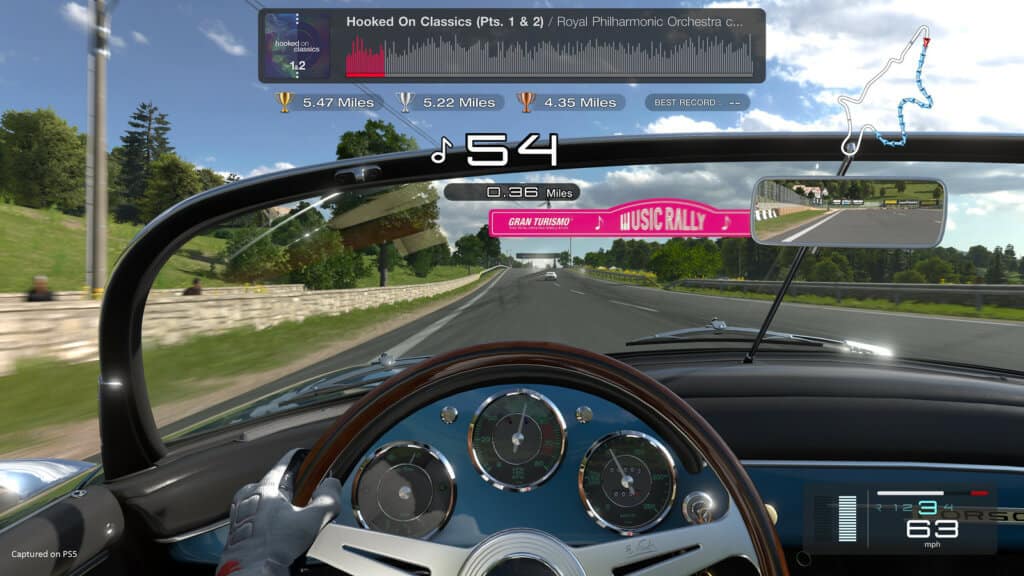KOMPAS.com – Vaccine be the best way to protect yourself from infection Covid-19. The person who receives vaccine will gain a strong defense against SARS-CoV-2, because antibody formed by vaccines.
Launch the official page NIH, vaccines activate the body’s disease defense system called the immune system. The response begins by involving two types of immune cells: B cells that produce antibodies against the virus and T cells that destroy infected cells.
After this initial response, antibody levels in the bloodstream begin to fall. But some B and T cells remain to store the viral memory and fight off future infections.
To optimize Covid-19 vaccine and predicting that booster injections are needed, researchers have been working to gain a better understanding of these memory cells.
In a previous study, a research team led by Dr. Ali Ellebedy at the University of Washington at St. Louis showed that activated B cells can persist for months after vaccination Covid-19 in an area of lymph nodes called the germinal center.
The germinal center is an area where B cells can evolve to make more effective antibodies. Long-term memory B cells emerge from this process. Some long-lasting antibody-producing B cells can also migrate to the bone marrow.
Also read: Against Omicron, Pfizer Vaccine Neutralizing Antibody Drops 41 Times
In a new study of how antibody responses to Covid-19 will improve months after the vaccine, researchers began to trace the evolution of B cells to the spike protein of the SARS-CoV-2 virus after Covid-19 vaccination.
The spike protein is used to develop a coronavirus vaccine because it allows the virus to attach to and infect body cells.
The team analyzed B cells and antibodies from 43 healthy people who received two doses of the Pfizer-BioNTech vaccine, of whom 13 had a history of SARS-CoV-2 infection.
Researchers collected blood samples both before and for six months after study participants were vaccinated. In addition, bone marrow and lymph node samples were collected from a subset of participants.
The study was funded primarily by the NIH National Institute of Allergy and Infectious Diseases (NIAID). Results have appeared in the journal Nature on February 15, 2022.
At six months after Covid vaccine, the team found antibody and memory B cell responses to the SARS-CoV-2 spike protein in all participants. Nine of the 11 bone marrow samples also had spike protein-specific B cells.
Also read: Help Strengthen Antibodies, Covid-19 Vaccine Prevents the Appearance of Severe Symptoms
–
/data/photo/2021/10/07/615ee61e35848.jpg)

